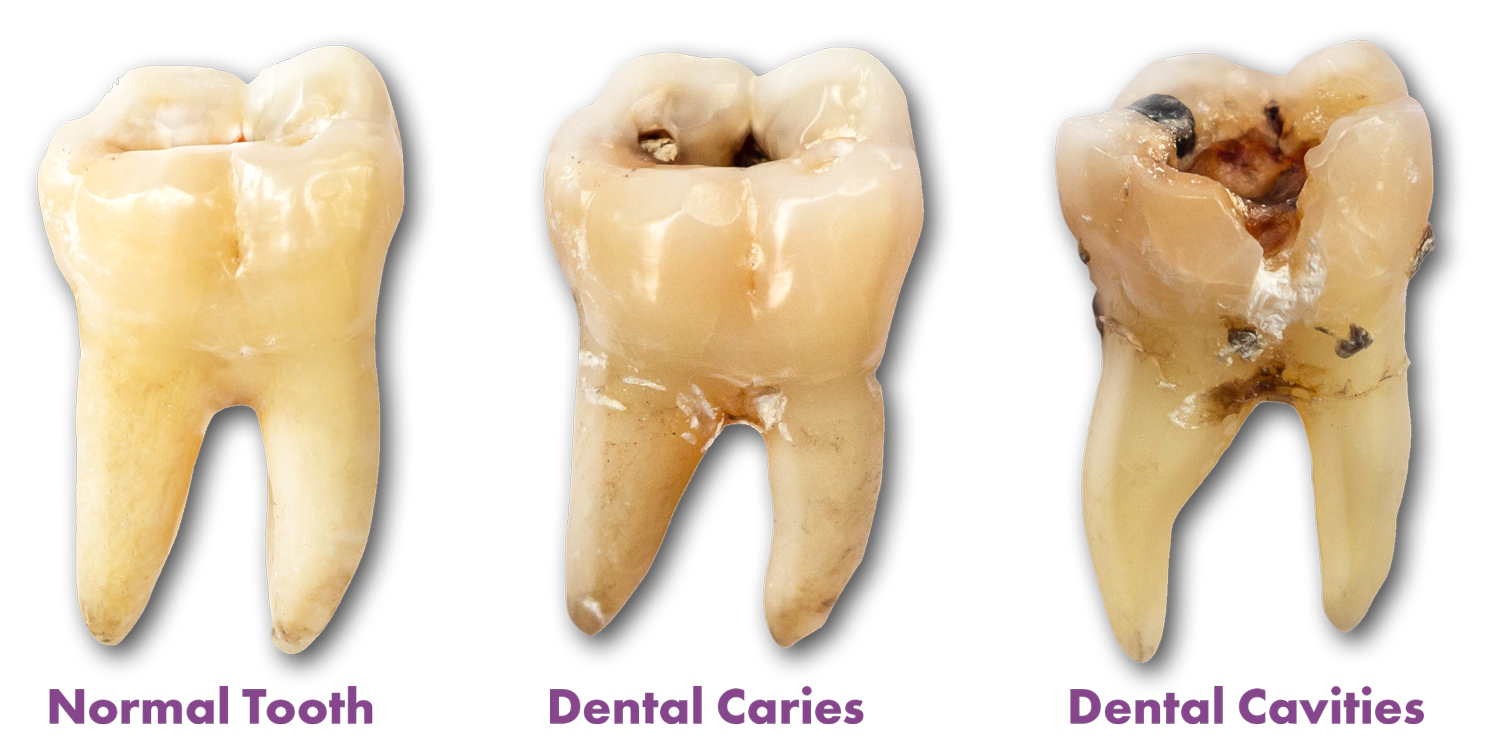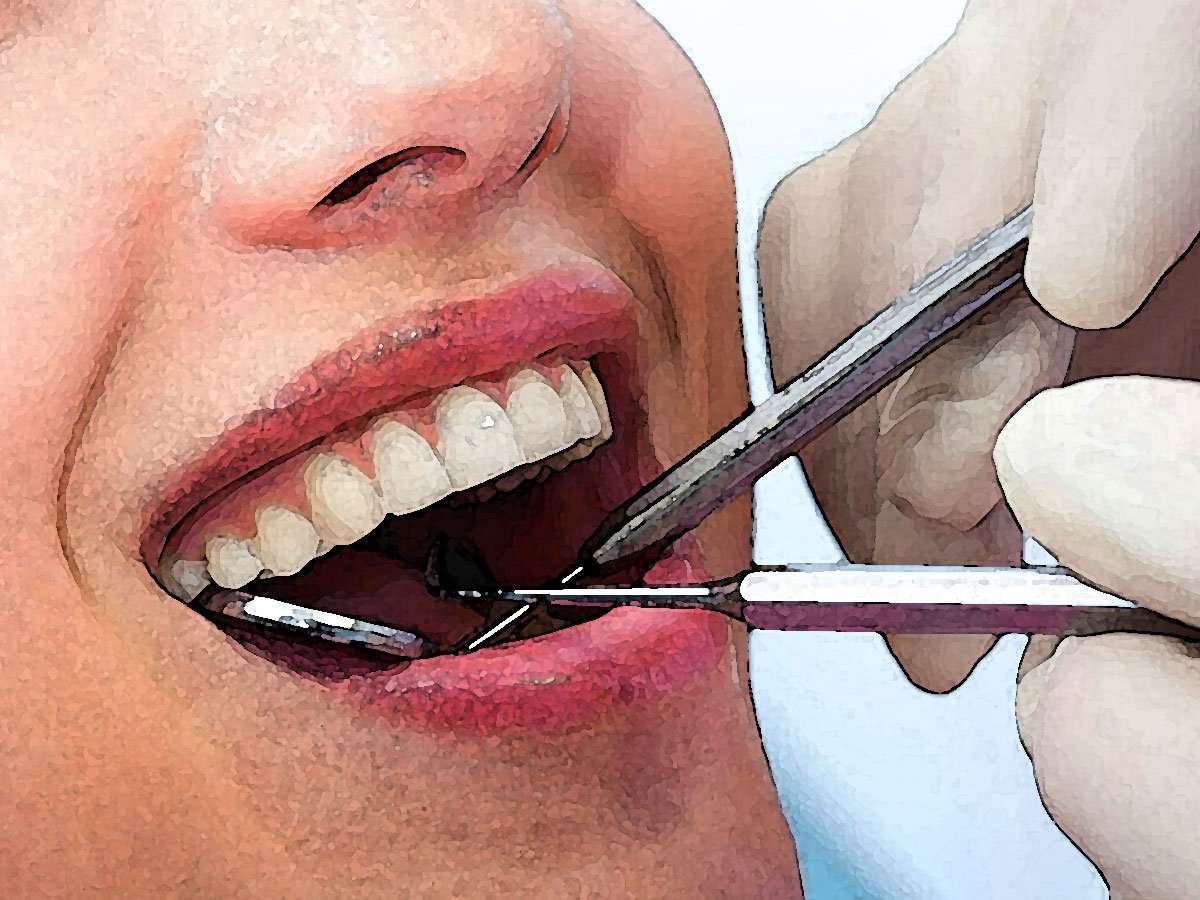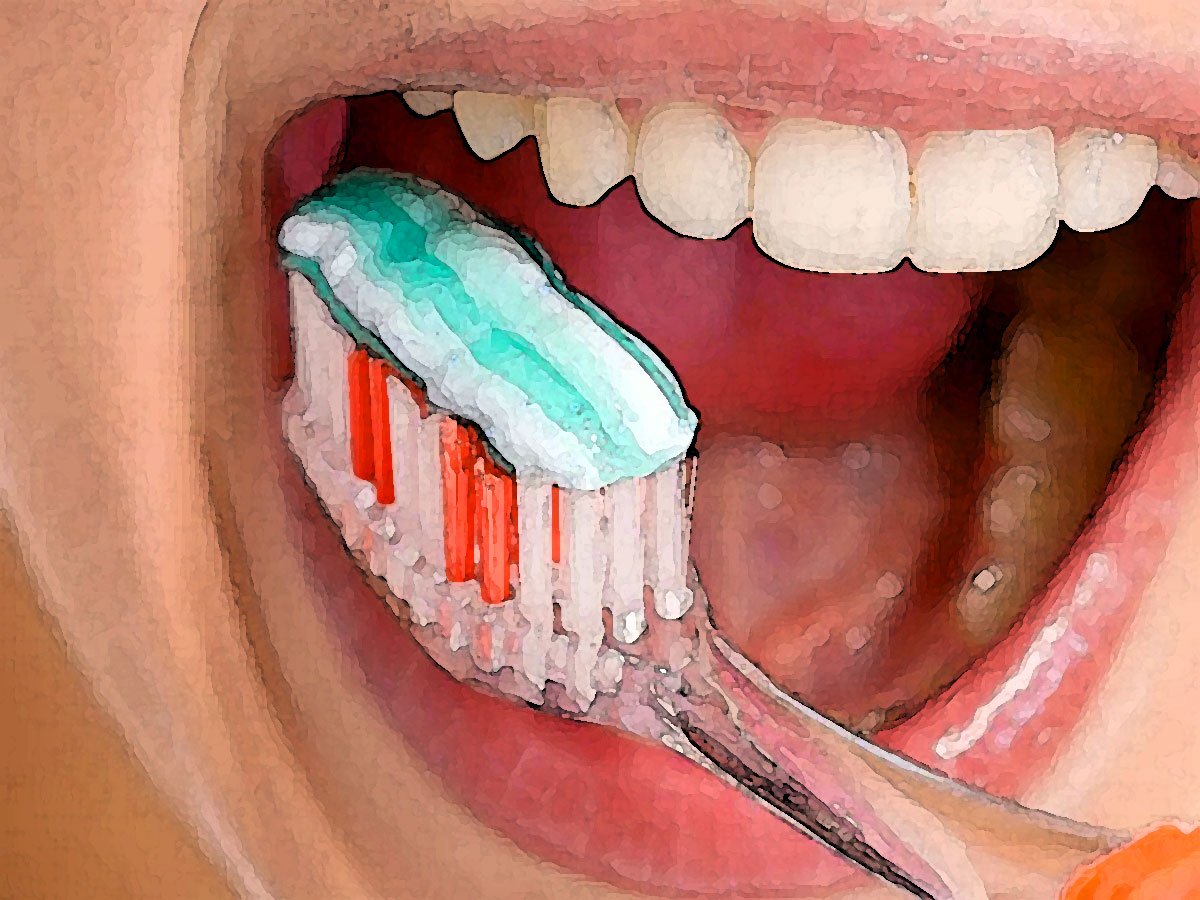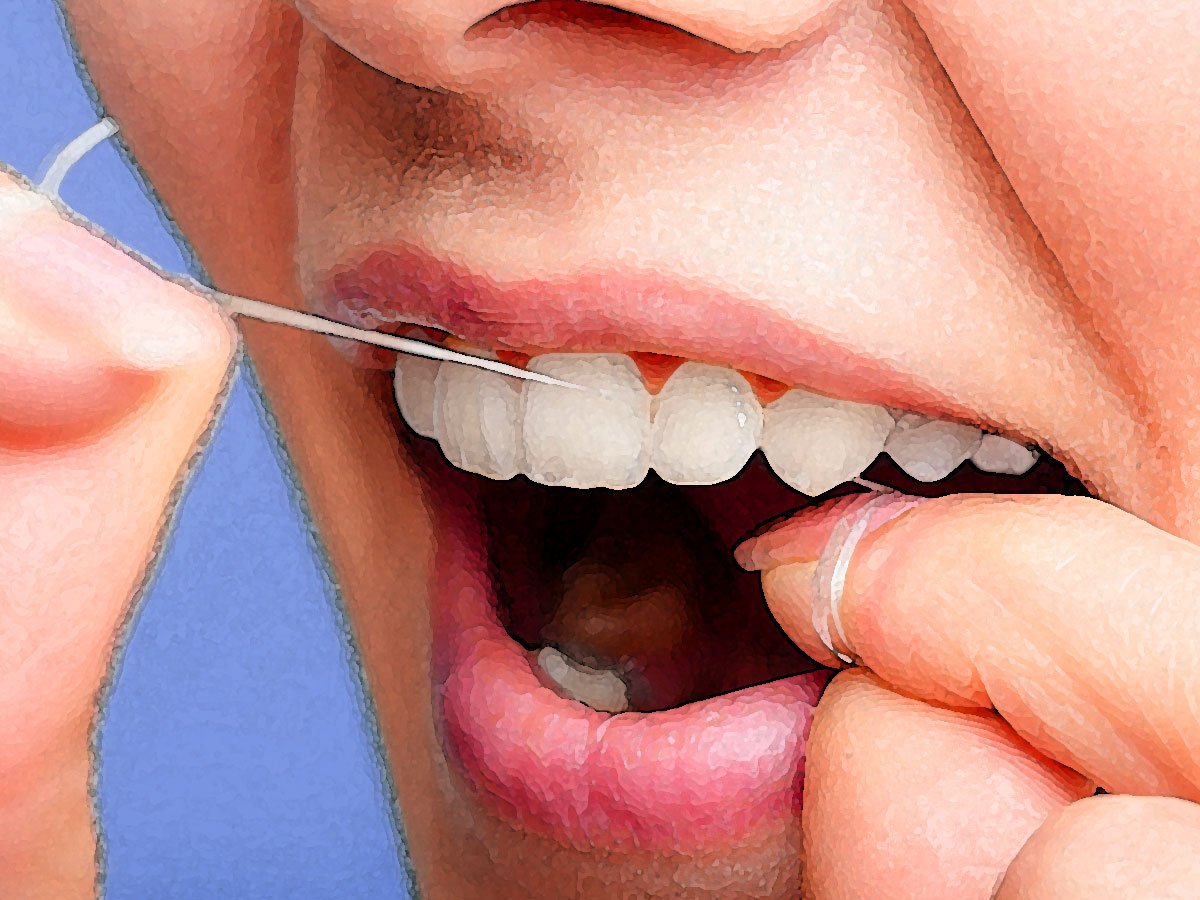3 Commonly Confused Dental Terms
Demystifying Tooth Decay: Understanding Dental Caries and Cavities
Tooth decay? Dental Caries? Cavities? That’s a mouthful! Dental terminology may seem complicated, but a brief explanation of key terms can take the bite out of confusion over the vocabulary of oral health.
What’s the Difference Between Caries and Cavities?
While the word “cavities” is probably familiar to you (perhaps painful so!), many are unfamiliar with the term “caries.” It’s just another, more technical, way of saying tooth decay. A cavity is the hole in a tooth that results from this decay. So if your dentist warns you that dental caries or cavities are a problem for you or a member of your family, it’s time to sink your teeth into the causes and treatment of tooth decay.
The World Health Organization reports that tooth decay is humanity’s most common noncommunicable disease, affecting 2.3 billion adults and 560 million kids worldwide. That’s a lot of ouch! Tooth decay is progressive process caused by exposure to bacteria in the mouth that feed on sugars and produce acids that erode the hard enamel coating of teeth and the slightly softer dentine layer (that’s where the painful part of cavities starts). Chipped and cracked teeth can give harmful bacteria access to the interior, accelerating tooth decay.
As the bacteria multiply and interact with the sugars and saliva in your mouth, they form a sticky film called plaque. Plaque that isn’t promptly removed by brushing and flossing can harden into tartar on the tooth surface and under your gums – the tough stuff that your dental technician scrapes and grinds away during your regular cleaning. Tartar (also called calculus) is especially bad news, as it contributes to sore and bleeding gums and bad breath.
What Are Signs of Tooth Decay?
Tooth decay happens gradually, and you may not even notice the early signs. Watch for patches on teeth that are whiter than the surrounding enamel. This is the result of mineral loss that weakens the enamel – the first step toward a cavity.
Other signs of oral health issues are:
Sensitivity to cold or hot foods and liquids
Sour taste in the mouth
Bad breath
Painful and inflamed gums
Discolored and darkened tooth enamel
Visible holes and crevices in the tooth
Sharp pain
Left untreated, tooth decay may ultimately penetrate into the soft, nerve-rich pulp, causing inflammation known as pulpitis, and periodontitis, an infection damaging the soft tissues and bones supporting your teeth.
How can tooth decay be minimized or avoided?
It’s not rocket science – limiting your intake of sugary foods, frequent brushing with fluoride toothpaste and flossing are your best defenses against tooth decay, along with regular visits to your dental health providers. The team at Alexandria Smiles is happy to partner with you to keep your smile gleaming.
What if a cavity develops anyway?
Despite preventative methods of dental care, sometimes decay and cavities occur anyway due to genetics or other complications. Whatever the case, our team at Alexandria Smiles is committed to creating individualized treatment plans to restore both the health and overall look of your smile.
Are you ready to experience the impact a healthy smile can make?
Contact us today and schedule an appointment!
Your teeth will be glad you did.
Other articles you might enjoy…
The Truth about Root Canals
Why you shouldn’t be afraid of this infamous procedure.
What’s the Deal with Fluoride?
Fluoride is anything but a dangerous chemical, in fact, it’s an incredibly helpful mineral for our teeth! We’re giving an exclusive tell-all about fluoride and the many benefits it has on our smiles.
What Are Dental Crowns?
There are many situations when either a permanent or temporary crown is necessary. Learn all about dental crowns in this informative blog!










